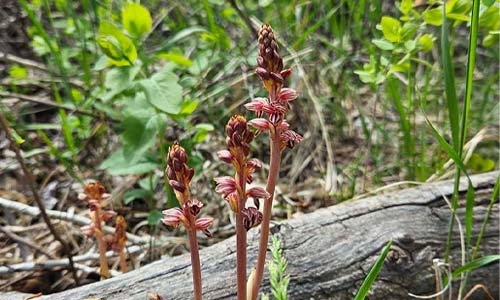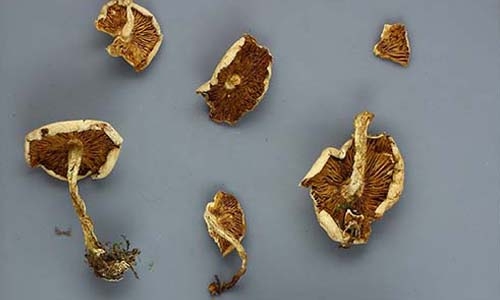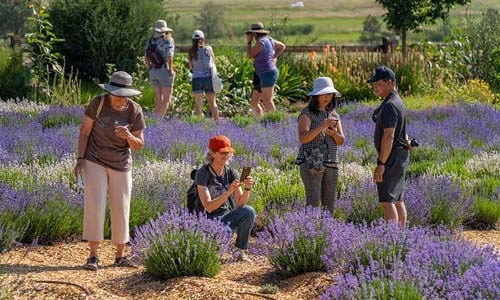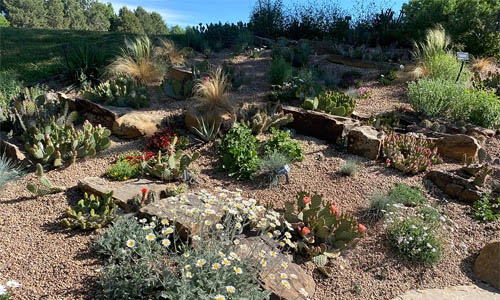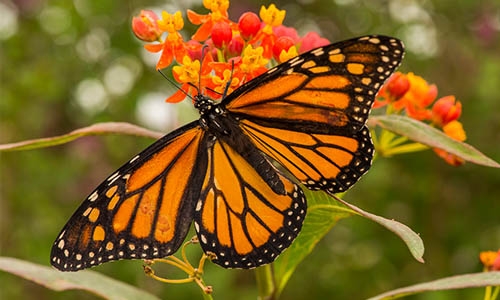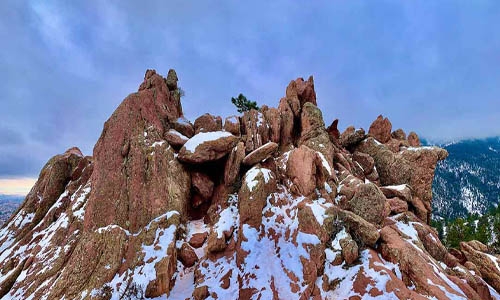Conservation & Storytelling
Conservation is the careful maintenance and upkeep of natural resources to prevent them from disappearing. A natural resource is the physical supply of something that exists in nature, such as soil
Explore Our Art Collection
Did you know Denver Botanic Gardens has an art collection? Home to over 1,300 unique art objects, the collection is full of hidden treasures, from historical botanical illustrations to contemporary
A Newly Documented Orchid for Deer Creek Natural Area
During this year’s City Nature Challenge, researchers and citizen scientists alike in the Denver-Boulder metro area documented different lifeforms, capturing the biodiversity of the places we recreate
Reconnecting with Nature
It’s fascinating to wonder when it happened. For millions of years of human development, consciousness was deeply integrated into daily experiences within what we now call the natural world. Of course
Collectors and Their Legacies
Denver Botanic Gardens houses more than 100,000 preserved plant, fungal and insect specimens that are used for a multitude of purposes including scientific study. As part of my job as the collection's
July Walking Tour – Chatfield Farms' Lavender Collection
Things are a little different this summer at Chatfield Farms with construction underway for our Master Development Plan. With that comes a new, temporary entrance to our Lavender Garden, located on
The Cactus Collection at Chatfield Farms
In June of 2022, an extensive collection of Opuntia and Cylindropuntia hybrids were donated to Chatfield Farms. The hybrids came from local cactus man Kelly Grummons, owner of Cold Hardy Cactus. A
How to Attend the Summer Concert Series Like a Pro
Appreciating Mycology Volunteers
Author Sherry Anderson has a quote that sums up the value of volunteers quite well: “Volunteers don’t get paid, not because they’re worthless, but because they’re priceless.” We in the Research &
Celebrate Pollinators with Us
Bugs—they're creepy, crawly, fuzzy, funny creatures that play an incredibly important role in keeping ecosystems healthy. Pollinators do the heavy lifting of carrying pollen so plants can reproduce
Books, Botany and Awards
Each year the Council on Botanical and Horticultural Libraries (CBHL), determines outstanding books worthy of the Annual Literature Award. The goals of the award are to: Recognize a work that makes a
Explore Captivating Connections Between Geology & Plant Life
From deep shale formations to protruding igneous extrusions, the geology and soils of the steppes are remarkably diverse. This intricate mosaic serves as the catalyst for flourishing flora, with far



